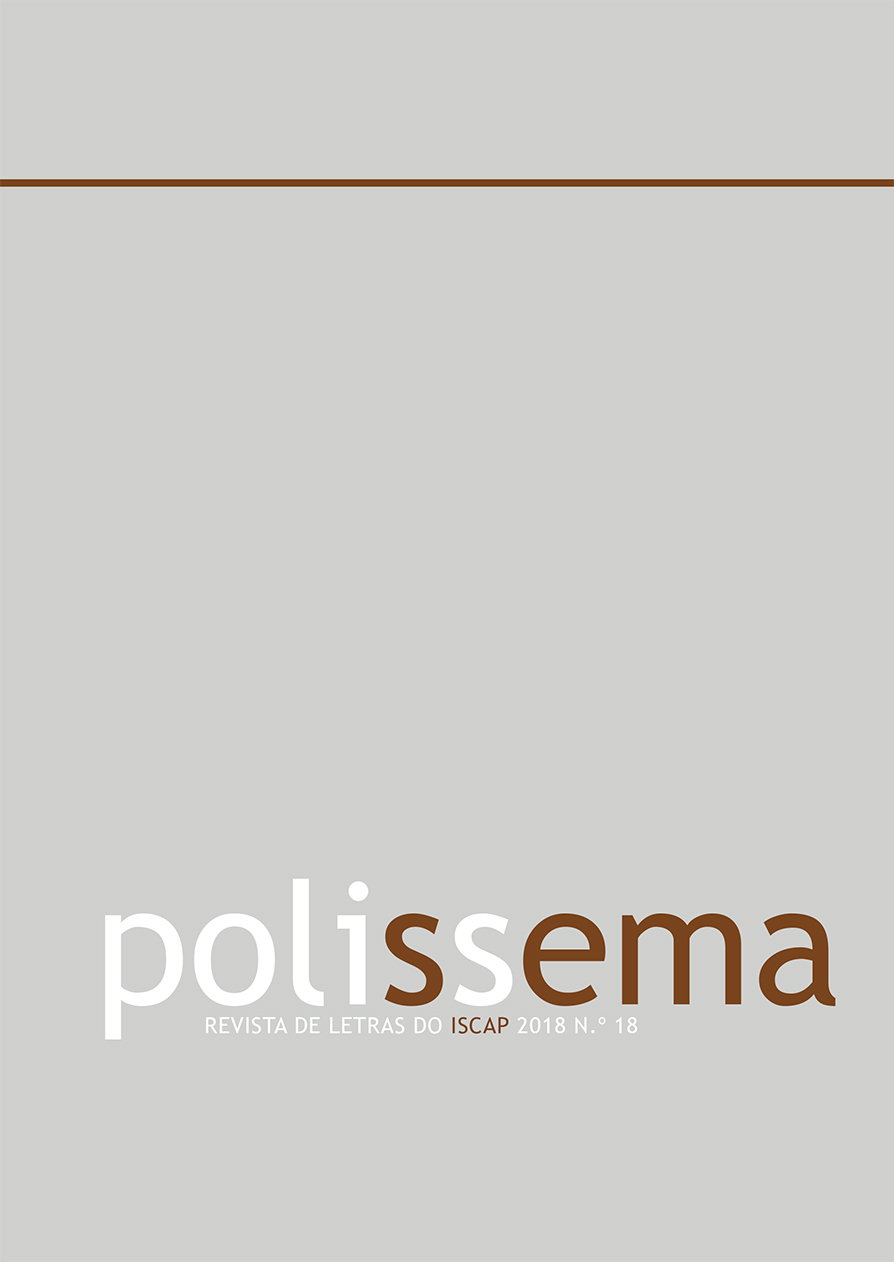THE MIMETIC TRANSLATION OF LITERATURE AND THE ECONOMIC MATRIX VS TRANSLATIVE "POESIS" AND EZRA POUND'S IDEOGRAMMATIC METHOD
DOI:
https://doi.org/10.34630/polissema.vi18.3202Keywords:
Economic matrix, mimetic translation, poesis translation, Pound’s Ideogrammatic Approach, Anonymous Nature, creative configurationAbstract
This paper highlights the concern to take up Ezra Pound’s approach to the ideogramatic method – based on Ernest Fenollosa’s research about the Chinese character, as well as on the anonymous character of Nature – based on Confucius ideas presented in The Analects, nowadays developed by Ecocriticism. The projection of that methodology to the market environment of a specific Zeitgeist allows us to observe the shaping of several forms of expression – artistic or not, including translation – by the economics matrix in force. Through a comparative approach that involves intermodality, the feasibility of translating Literature without the interference of political and economic elements of circumstance may be revisited. Thereby, the preservation of creative intelligence, as well as of individual and universal immaterial property will take over, whenever you are translating a fictional reality, such as a literary text.
Downloads
Published
How to Cite
Issue
Section
License
Copyright (c) 2018 POLISSEMA – ISCAP Journal of Letters

This work is licensed under a Creative Commons Attribution-NonCommercial-NoDerivatives 4.0 International License.


